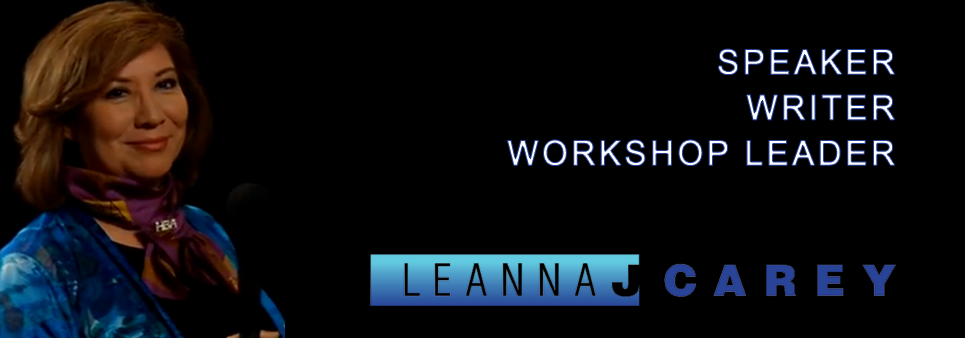The number of people in the US who access health information from their mobile devices is increasing and mobile health innovators have picked up on this. As mobile solutions, access, and usability have evolved, so has the value proposition for adoption. Like many, what matters to me as a consumer and innovator are applications and tools that make life easier – yes, anytime, anywhere.
It is reasonable to assume that the ability for apps to wrap around the lives of consumers is one reason why, according to research firm Frost & Sullivan, the mobile health industry will grow to $392 million over the next five years. Another key reason is because the new breed of healthcare innovators have spent little time paying homage to existing technologies or dance on the shoulders of past solutions. Thanks to the convergence of the cloud and mobile technology, this market is going to become very competitive, very soon.
It was Steve Jobs that said innovation distinguishes between a leader and a follower, and the mobile health groundswell has not happened by default or big bang. Mobile health visionaries have ultimately recognized both a need and opportunity for mobile channels within the different layers of healthcare interactions, and as their ideas are launched to market, we will see new leaders emerge. My guess is that these highly innovative game changers will share in the following three characteristics:
1. Instinctiveness and reflexiveness. According to Lee & Hutchins, these traits are often impossible to replicate or imitate, as well. Don’t get discouraged, if you do not completely fall into that category yet, Clayton Christensen emphasizes, in The Innovators DNA, that “roughly two-thirds of our innovation skills still come through learning…”
2. The right type of ambition. Time to pull out the oft quoted, Andy Grove, “the right kind of ambition is ambition for the company’s success with the executive’s own success only coming as a by-product of the company’s victory.” Chances are this type of leader can be identified by those they bring along.
3. Holistic point of view. “Analyzing the big picture both inside and outside of the company” ranks at the top in Lindegaards’ qualities of what sets innovators as a breed apart. He also includes the ability to deal with uncertainty, which in my opinion has never been more important.
Know of any innovators that fall into those categories? I do. We are at the start of a New Year, and mobile health leaders provide the healthcare space with a chance to move from defensive posturing to transformative action. We are beyond questioning if mobile technologies will empower consumers and providers, to how mobile health will accelerate existing business models or create new markets – rooting for the mHealth leader is not a bad way to start the year!
Resources:
*Christensen, M. C., Dyer, J., Gregersen, H., The Innovators DNA: Mastering The Five Skills of Disruptive Innovation –quotes the Reznikoff el al study on identical twins.
*Lindegaard, Stefan (2010-05-13). The Open Innovation Revolution: Essentials, Roadblocks, and Leadership Skills (p. 53). John Wiley and Sons. Kindle Edition.




